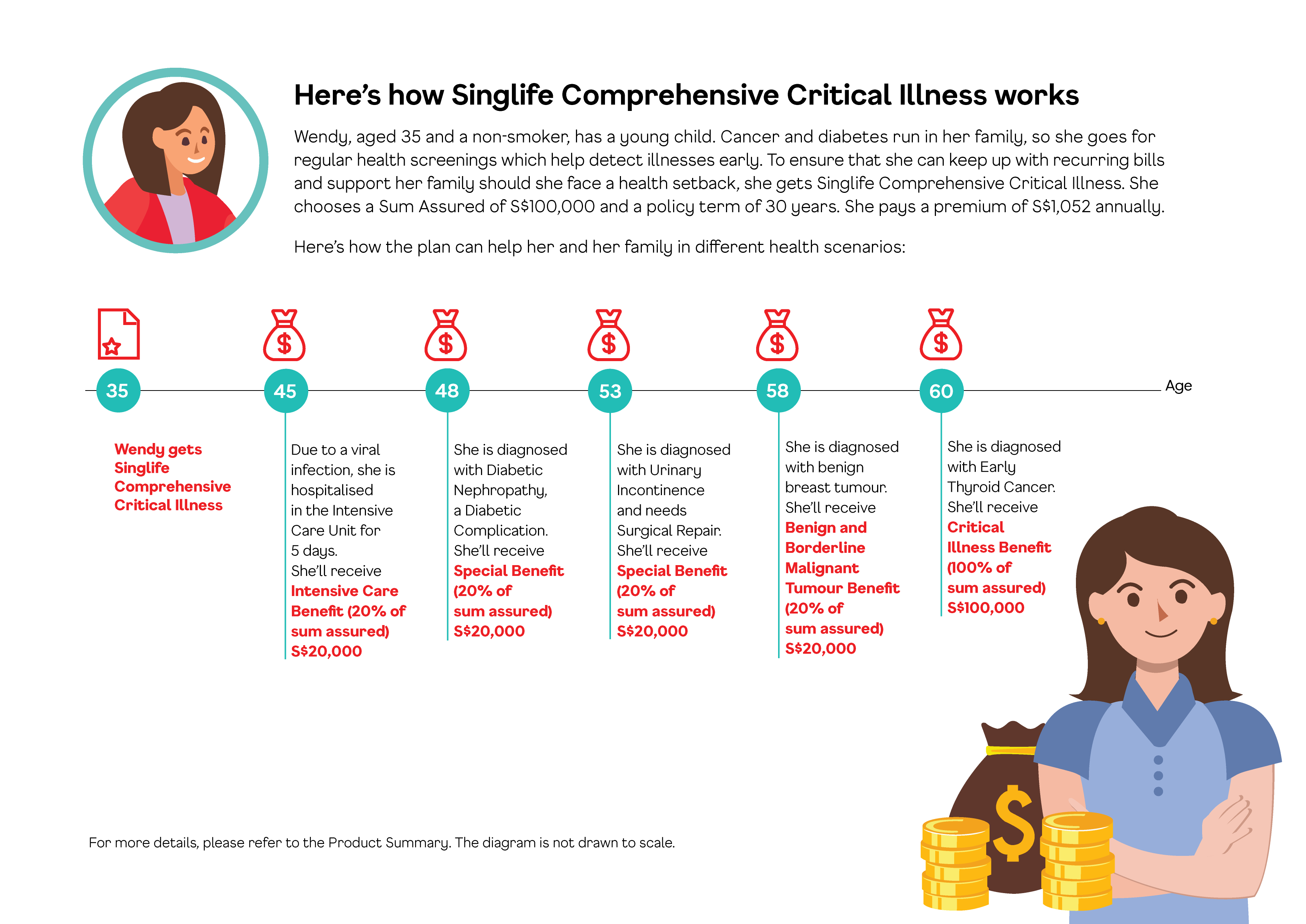Caroline Kennedy's illness has been a topic of interest for many, as the public figures' health often draws attention from both the media and their admirers. As the daughter of the late President John F. Kennedy and Jacqueline Kennedy Onassis, Caroline Kennedy has lived a life in the public eye. However, her recent health challenges have sparked curiosity and concern among her supporters. In this article, we aim to provide a comprehensive understanding of her condition while maintaining respect for her privacy.
Living a life of public service and as an advocate for various causes, Caroline Kennedy's health journey is an important aspect of her legacy. This article will explore the details of her illness, offering insights into the medical aspects while ensuring sensitivity and accuracy.
As we delve deeper, it's important to remember that Caroline Kennedy's story serves as a reminder of the importance of health awareness and proactive measures in managing chronic conditions. Let’s take a closer look at her journey and the implications for others facing similar challenges.
Read also:Exploring The Life And Love Of Philippine Leroybeaulieu
Table of Contents
- Biography of Caroline Kennedy
- Overview of Caroline Kennedy's Illness
- Diagnosis Process
- Treatment Options
- Disease Management
- Impact on Public Life
- Support Systems
- Preventive Measures
- Future Outlook
- Conclusion
Biography of Caroline Kennedy
Early Life and Background
Caroline Kennedy was born on November 27, 1957, in New York City. She grew up in the White House during her father's presidency, making her one of the most famous children in American history. Her early years were filled with both privilege and challenges, as her family faced significant public scrutiny.
Below is a summary of her personal details:
| Full Name | Caroline Bouvier Kennedy |
|---|---|
| Date of Birth | November 27, 1957 |
| Place of Birth | New York City, New York |
| Parents | John F. Kennedy and Jacqueline Kennedy Onassis |
| Profession | Author, Attorney, and Former U.S. Ambassador to Japan |
Professional Achievements
Caroline Kennedy has had a distinguished career in public service and law. She served as the U.S. Ambassador to Japan from 2013 to 2017, where she worked tirelessly to strengthen U.S.-Japan relations. Her dedication to education and civil rights advocacy has earned her respect worldwide.
Overview of Caroline Kennedy's Illness
Understanding the Condition
Caroline Kennedy's illness has been a subject of interest due to its potential impact on her public role. Reports suggest she has been dealing with a chronic condition that affects her mobility and energy levels. While specifics are limited due to privacy concerns, the illness is believed to be manageable with proper treatment and lifestyle adjustments.
Chronic illnesses often require long-term management, and Caroline Kennedy's approach serves as an example for others facing similar challenges. Her resilience and determination highlight the importance of staying proactive in healthcare.
Diagnosis Process
Identifying Symptoms
The diagnosis process for Caroline Kennedy's illness began with identifying key symptoms. These symptoms included fatigue, joint pain, and occasional swelling, which prompted further investigation by medical professionals. Early detection is crucial in managing chronic conditions effectively.
Read also:Understanding The Emiru Nude Leaked Incident A Comprehensive Look
Medical Evaluation
Caroline underwent a series of medical evaluations, including blood tests and imaging studies, to pinpoint the underlying cause of her symptoms. This comprehensive approach ensured an accurate diagnosis and laid the foundation for a tailored treatment plan.
Treatment Options
Medications and Therapies
Treatment for Caroline Kennedy's illness involves a combination of medications and therapies designed to alleviate symptoms and improve quality of life. Anti-inflammatory drugs and physical therapy play a significant role in managing her condition.
- Anti-inflammatory medications
- Physical therapy sessions
- Lifestyle modifications
Alternative Approaches
Alternative therapies, such as acupuncture and dietary changes, have also been considered as part of her treatment regimen. These approaches aim to complement traditional medical treatments and promote holistic well-being.
Disease Management
Long-Term Strategies
Managing a chronic illness requires long-term strategies that address both physical and emotional well-being. Caroline Kennedy has adopted several strategies to maintain her health, including regular exercise, stress management techniques, and a balanced diet.
Supportive Care
Supportive care plays a vital role in disease management. Caroline relies on a team of healthcare professionals, including rheumatologists and physical therapists, to monitor her condition and adjust her treatment plan as needed.
Impact on Public Life
Continued Public Engagement
Despite her health challenges, Caroline Kennedy continues to engage in public life, advocating for causes close to her heart. Her commitment to education and civic responsibility remains unwavering, inspiring others to overcome obstacles in their own lives.
Public Perception
Public perception of Caroline Kennedy's illness has been largely supportive, with many appreciating her openness about her health journey. This transparency fosters a deeper connection with her audience and encourages discussions about health awareness.
Support Systems
Family and Friends
Caroline Kennedy's support system includes her family, friends, and a dedicated team of healthcare professionals. Their unwavering support helps her navigate the challenges of her illness with grace and determination.
Community Resources
Community resources, such as support groups and educational programs, also contribute to her well-being. Engaging with others who share similar experiences provides valuable insights and encouragement.
Preventive Measures
Early Detection
Early detection is critical in preventing the progression of chronic illnesses. Regular health check-ups and screenings can identify potential issues before they become serious.
Healthy Lifestyle
Adopting a healthy lifestyle, including regular exercise, a balanced diet, and stress management, can significantly reduce the risk of developing chronic conditions. Caroline Kennedy's approach to health serves as a model for others seeking to improve their well-being.
Future Outlook
Advancements in Medicine
Advancements in medical research and technology offer hope for improved treatment options in the future. Caroline Kennedy's illness may benefit from emerging therapies and innovations that enhance disease management.
Personal Resilience
Personal resilience plays a crucial role in overcoming health challenges. Caroline Kennedy's strength and determination inspire others to face their own battles with courage and optimism.
Conclusion
In conclusion, understanding Caroline Kennedy's illness provides valuable insights into the management of chronic conditions. Her journey highlights the importance of early detection, comprehensive treatment, and a supportive environment in maintaining health and well-being.
We encourage readers to share their thoughts and experiences in the comments section below. Additionally, feel free to explore other articles on our site for more information on health and wellness. Together, we can promote a culture of awareness and support for those facing health challenges.


